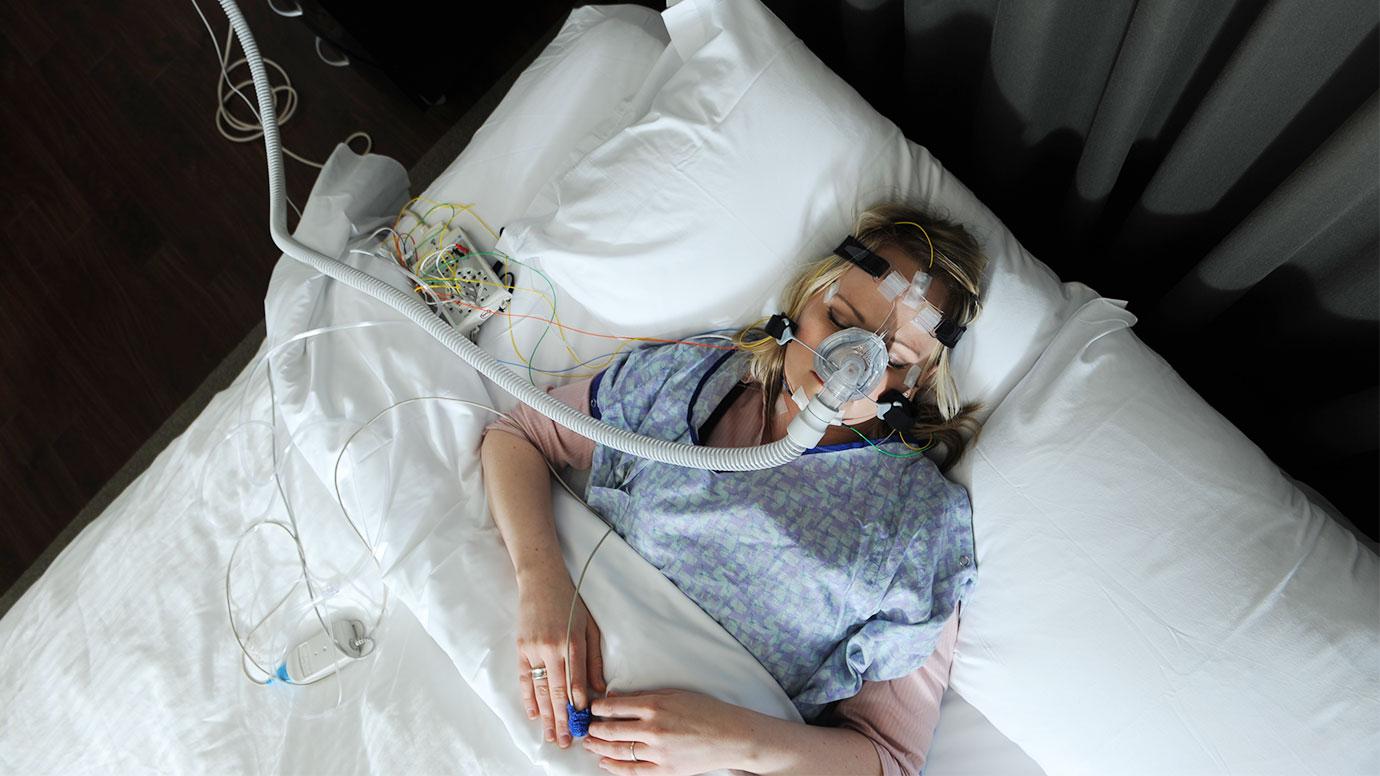Sleep is more than just a break from the day; it’s a crucial element of recovery, both mentally and physically. Whether you’re navigating the challenges of mental health, recuperating from an illness, or simply seeking to enhance your overall well-being, understanding and improving your sleep hygiene can be transformative. Let’s explore how quality sleep supports recovery and discover actionable strategies to enhance your sleep habits.
Why Sleep Matters for Recovery
During sleep, your body undergoes various restorative processes, from repairing tissues and muscles to consolidating memories and regulating emotions. This restorative time is essential for mental health and physical recovery, particularly for those in residential mental health treatment centers in Massachusetts or engaging in dialectical behavior therapy in Massachusetts.
Physical Restoration
Quality sleep supports muscle repair, immune function, and metabolic health. For those recovering from physical ailments or engaging in rigorous exercise, good sleep hygiene can accelerate healing and improve overall health.
Mental Health Benefits
For individuals dealing with mental health challenges, sleep hygiene is a cornerstone of effective treatment. Adequate sleep can enhance emotional regulation, reduce symptoms of anxiety and depression, and improve cognitive function. This is especially relevant for those involved in dialectical behavior therapy in Massachusetts, where balanced mental health is a key focus.
Tips for Better Sleep Hygiene
Create A Schedule For Your Sleep
Always try to sleep on time. It’s important to let your body adjust to a healthy schedule. Sleep for at least seven to eight hours each night. This will surely improve your health and allow your body to recover quickly.
Avoid Electronic Devices
Never keep your phone close to your bed when you are about to sleep. Avoid using your cell phone or scrolling on social media before going to sleep and do the same when you wake up. This will improve your overall well-being.
Incorporate Regular Exercise
Engaging in at least 30 minutes of aerobic exercise each day can enhance support recovery.
Monitor Your Caffeine Intake
Caffeine can stay in your system for several hours, so it’s best to limit consumption to the morning. Reducing caffeine intake can help avoid sleep disturbances and promote better rest.
Manage Stress Effectively
Chronic stress can negatively impact sleep quality. Incorporate stress-management techniques like journaling into your daily routine to help manage stress levels and improve sleep.
Be Careful Of What You Eat
Reduce your junk food intake or even excessive liquids before you go to sleep as it can cause discomfort and prevent you from resting well. You can also go for lighter snacks if needed. Also, if you drink alcohol, limit that as much as possible.
Get Help
Even after following all these tips, you still find yourself struggling, make sure to consult a healthcare provider. People living in Massachusetts can explore various options to treat mental health centers or even get in touch with a specialist who can offer some extra support.
Create a Sleep-Friendly Bedroom
Ensure that your bedroom is conducive to sleep by keeping it clean and free of clutter. A serene and organized space can promote relaxation and improve your overall sleep experience.
Evaluate Your Sleep Patterns
Regularly assess your sleep patterns and make adjustments as needed. Keeping a sleep journal can help identify patterns and potential issues, allowing you to address them proactively.
Final Thoughts
Improving sleep hygiene is a powerful way to enhance recovery and overall well-being. By implementing these strategies, you can foster better sleep habits that support both mental and physical health. Whether you’re undergoing dialectical behavior therapy in Massachusetts or seeking recovery support at residential mental health treatment centers in Massachusetts, prioritizing good sleep can play a pivotal role in your journey to wellness. Embrace these practices and enjoy the restorative benefits of a good night’s sleep.




